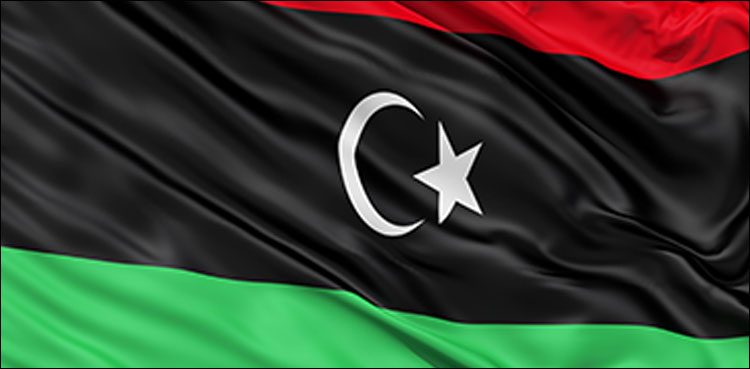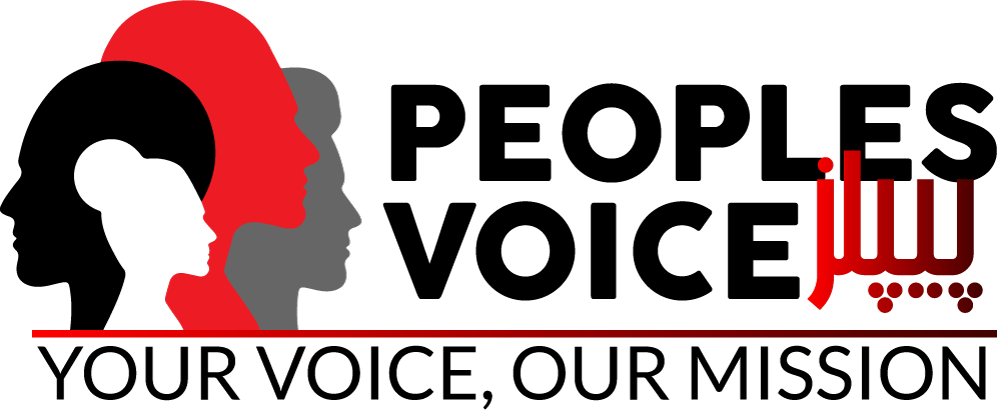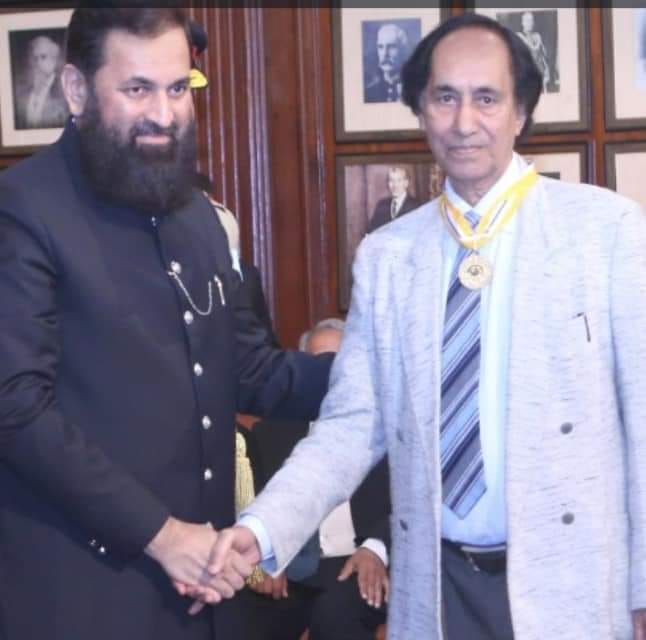Pakistan’s Politics and the Establishment: An Ideological and Realist Analysis
Pakistan’s Politics and the Establishment: An Ideological and Realist Analysis

By: Tahir Rao
Introduction
To understand Pakistan’s political trajectory, we must begin with a basic truth: the country has functioned as a “security state” since its inception. Historical conflicts with India, ongoing border tensions, and intricate relations with global powers have kept the national mindset anchored in threats—both real and imagined. Over time, some of these concerns have been justified, while others were exaggerated or rooted in ideological constructs that influenced the public discourse.
The Establishment: The Real Power Center
In Pakistan, the term “Establishment” refers not only to the military, but also to a broader network of powerful institutions and informal players—military leadership, intelligence agencies, bureaucracy, and certain economic interest groups—that shape national policy from behind the scenes. These forces have played a decisive role in making or breaking elected governments across decades.
PML-N and the Establishment: A Historical Partnership
The Pakistan Muslim League (N), or PML-N, has long had a unique and deep-rooted relationship with the Establishment. Nawaz Sharif’s initial political rise was facilitated by the Establishment itself. However, as he began asserting civilian authority and making independent decisions, tensions grew. In contrast, Shahbaz Sharif has consistently adopted a pragmatic and reconciliatory stance, positioning himself as a preferred administrative ally to the Establishment.
PTI: Struggling for Ideological Identity
The Pakistan Tehreek-e-Insaf (PTI), under Imran Khan, emerged as a symbol of hope for many, especially youth, promising change and a corruption-free Pakistan. Yet, despite its popularity, the party failed to offer a clear ideological roadmap. Many political observers believe that PTI was bolstered as a counterbalance to PML-N during times of friction with the Establishment. However, once Imran Khan also sought greater independence, his political trajectory began mirroring that of previous dissenters.
Pakistan Peoples Party (PPP): From Confrontation to Compromise
The Pakistan Peoples Party (PPP) has historically been viewed as the ideological opposition to the Establishment. Founders like Zulfikar Ali Bhutto and later Benazir Bhutto championed public empowerment, democratic values, and constitutional supremacy. This resistance often placed the party at odds with the country’s power centers. Over time, however, PPP came to realize that direct confrontation brought diminishing returns. As a result, the party gradually shifted toward a more conciliatory and pragmatic approach, though the ideological distance between the two remained clear.
The Bigger Question: Is Real Change Possible?
The core dilemma of Pakistani politics is the disconnect between democratic structures and actual power dynamics. Elections come and go, but the true decision-making authority often lies elsewhere. Until Pakistan’s institutions respect their constitutional boundaries—and until elected representatives prioritize public interest over power games—the cycle of manipulated politics is unlikely to end.
If Pakistan wishes to evolve into a truly democratic state, it must ensure:
-
Political parties are rooted in ideology and policy,
-
The Establishment remains institutionally neutral, and
-
The people are empowered to shape their own future.
Closing Thoughts
Pakistan’s political journey is far from linear. It is shaped by power, ambition, ideology, and resistance. The hope remains that with greater awareness and civic participation, a balance between democracy and state power can finally be achieved.
Author: Tahir Rao, General Secretary PPP Canada


No comments yet.